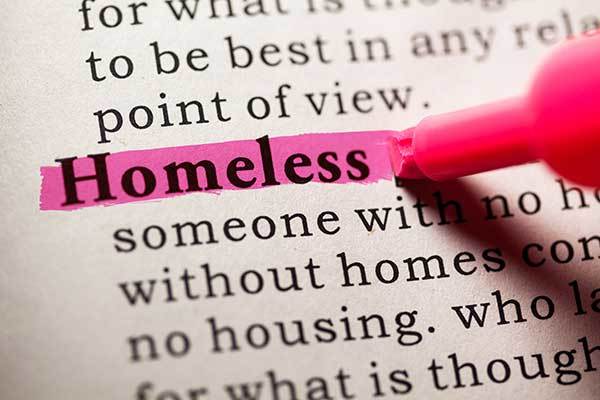You are viewing 1 of your 1 free articles
Shelter warns of legal action over threats to remove children from homeless parents
Shelter is planning to pursue legal action against councils because of “widespread” threats that children may be taken into care when families present as being homeless.
The news emerged as Shelter published its new three-year strategy yesterday. It is the charity’s first strategy since Polly Neate took over as chief executive last year and promises a big change in approach.
The strategy says the charity will make increased use of “strategic litigation” to focus its expertise in housing law on “issues where winning one case can change thousands of lives”.
One area it is targeting is the way that children are treated in the housing system. It says that councils are denying help to homeless families by threatening to separate children from their parents when they present as homeless. This is an issue that Inside Housing has previously highlighted as part of its Cathy at 50 homelessness campaign – and Shelter says the approach “flies in the face of the spirit and intention of the Children Act”.
In an exclusive interview with Inside Housing, Ms Neate said that threats to remove children from their parents are “definitely widespread, without a doubt”.
“I have seen this throughout my whole career and it has made me angry for a really long time,” said Ms Neate, who was previously chief executive of Women’s Aid.
Ms Neate added that the threat is rarely followed through in practice – but is hugely damaging to families because “they make people go away by threatening to take their kids into care”.
“These people are mostly women,” she added. “So you are really talking about single mums and their kids. And they are very severely impacted anyway by the state of housing and it is made worse by the fact that local authorities threaten to take their kids away.”
The Children Act 1989 means that the child’s best interest should be councils’ guiding concern, she said. “I would argue that the threat is not in the best interest of the child, because it leads to them remaining homeless,” she said. “Just threatening it is actually preventing the child’s needs from being met, which is the opposite of what local authorities are supposed to do under the Children Act.”
Further discussion about this and a detailed look at the rest of Shelter’s new strategy are in an in-depth interview with Ms Neate elsewhere on this site.
At a glance: Homelessness Reduction Act 2017
The Homelessness Reduction Act 2017 came into force in England on 3 April 2018.
The key measures:
- An extension of the period ‘threatened with homelessness’ from 28 to 56 days – this means a person is treated as being threatened with homelessness if it is likely they will become homeless within 56 days
- A duty to prevent homelessness for all eligible applicants threatened with homelessness, regardless of priority need
- A duty to relieve homelessness for all eligible homeless applicants, regardless of priority need
- A duty to refer – public services will need to notify a local authority if they come into contact with someone they think may be homeless or at risk of becoming homeless
- A duty for councils to provide advisory services on homelessness, preventing homelessness and people’s rights free of charge
- A duty to access all applicants' cases and agree a personalised plan
Cathy at 50 campaign
Our Cathy at 50 campaign calls on councils to explore Housing First as a default option for long-term rough sleepers and commission Housing First schemes, housing associations to identify additional stock for Housing First schemes and government to support five Housing First projects, collect evidence and distribute best practice.










